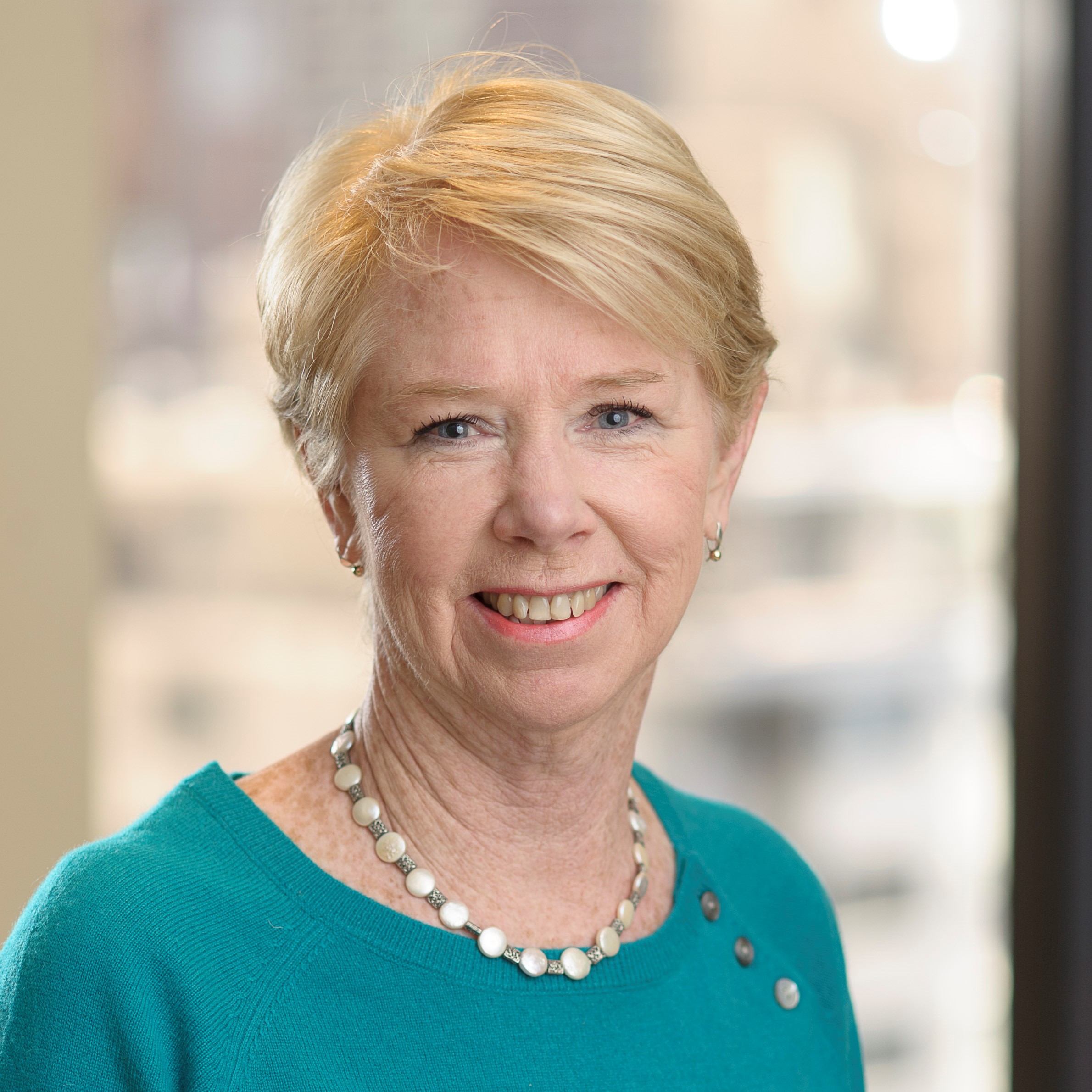It now seems providential that the World Health Organization named 2020 the Year of the Nurse and Midwife to honor Florence Nightingale’s 200th birthday. Who could have predicted how the world would rely on nurses to change the course of the COVID-19 coronavirus pandemic by upholding Nightingale’s leadership and principles of infection control from the 19th century?

The past two months served witness to the extraordinary impact of nurses on the front line of COVID-19 containment and mitigation through screening, isolating, and providing acute care to our most vulnerable patients. I worked alongside oncology nurses at my cancer center in New York City as they diligently cared for our inpatients and outpatients while striving to maintain the strictest safety and infection control standards—all during periods of shifting directions and widespread shortages of personal protective equipment and patient care supplies. At the same time, they maintained patient privacy while performing new procedures such as proning for patients with acute respiratory distress syndrome in the intensive care unit and using safety precautions for suicidal patients in isolation.
The media has shown the strategies nurses use to mitigate patients’ loneliness by facilitating video chats and window encounters with family, leveraging secure messaging and other technologies to communicate with patients and colleagues, and reaching out to COVID-19-positive patients at home to triage symptoms and intervene early on patient-reported outcomes. The nurse is the clinician most present with the patient when direct physical care is most needed and difficult discussions about interruptions in cancer treatment and goals of care are most meaningful. Their innovative approaches to compassionate and personal attention while maintaining distance and preserving supplies have been inspirational.
A goal of the 45th Annual ONS Congress is to generate and support nursing innovation. Cancelation of our May 2020 in-person conference in San Antonio, TX, did not deter our pursuit of providing a platform for our members to develop their ideas. Instead, ONS members and healthcare providers who care for patients with cancer can look forward to a virtual meeting in September 2020. The necessity to think creatively in this crisis, to provide care in new ways with limited resources while holding onto our evidence-based standards and values, has created an opportunity. Every day I see nurses questioning old routines, finding ideas on social media and our ONS communities, and going to the literature to identify support for solutions. ONS’s innovative brainstorming in our virtual programs allows us to reach our members despite our shared distance.
Florence Nightingale’s legacy sets the course for nurses in responding to the 21st century’s COVID-19 pandemic. We have demonstrated over the past two months our commitment to our oath and to our understanding of "how little can be done under the spirit of fear."
As I begin my term as ONS president, I assure you that the ONS Board of Directors will support all nurses caring for patients with cancer during the pandemic and that we will uphold Nightingale’s legacy in leading oncology nursing through this new paradigm. Be careful, be safe, and be good to yourself: you are our most precious resource.






